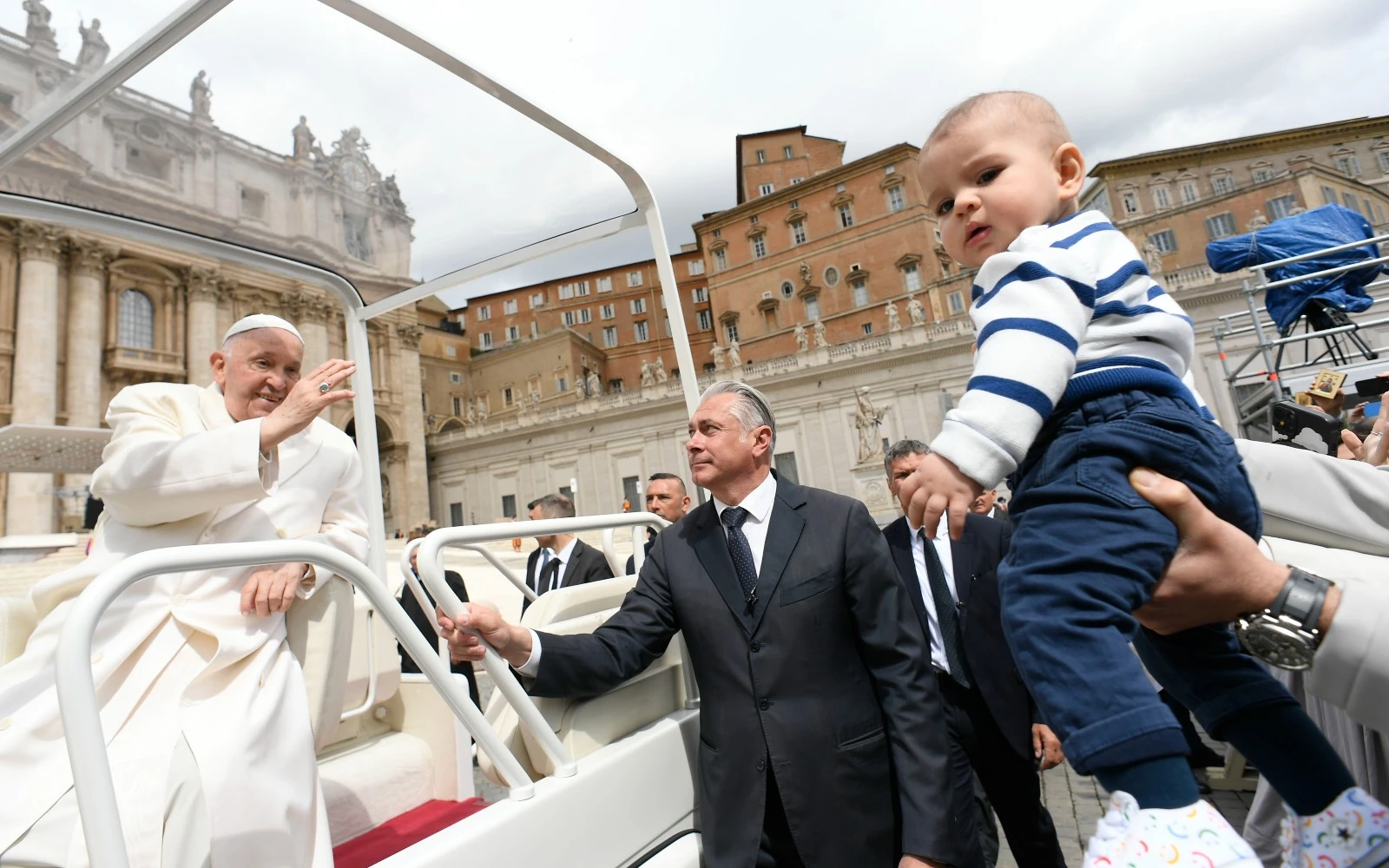Who knows, maybe no one in the Corinthian community thought he had sinned and those harsh words of the Apostle sounded a little incomprehensible to them. They were probably all convinced that they were good people and, when asked about love, would have responded that love was, without a doubt, an important value for them, as were friendship and family. Even today, love is on everyone’s lips, it is on the lips of many “influencers””and in the choruses of many songs. There is a lot of talk about love, but what is love?
“But the other love?” Paul seems to ask his Corinthian Christians. Not the love that goes up, but the one that goes down; not he who takes away, but he who gives; not the one that appears, but the one that is hidden. Paul is concerned that in Corinth – as also among us today – there is confusion and that, in reality, there is no trace of theological virtue, that of love, which comes to us only from God. And if even in words everyone assures that they are good people, that they love their family and friends, in reality they know very little about the love of God.
Ancient Christians had several Greek words to define love. Finally, the word “agape” emerged, which we normally translate as “charity.” Because, in reality, Christians are capable of all the loves in the world: they too fall in love, more or less like everyone else does. They also experience the goodness of friendship. Likewise, they experience love for their country and universal love for all humanity. But there is a greater love, which comes from God and is directed to God, which pushes us to love God, to become his friends, and pushes us to love our neighbor as God loves him, with the desire to share friendship. With God. This love, for the sake of Christ, takes us where humanly we would not go: it is love for the poor, for what is not kind, for those who do not love us and are not grateful.
